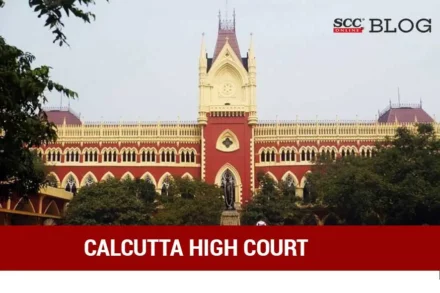
Tender alterations after bid submission arbitrary and violative of Article 14: Calcutta High Court
Respondent authorities are instructed to proceed with the tender process based on the original tender document.

Respondent authorities are instructed to proceed with the tender process based on the original tender document.

Calcutta High Court denied the compassionate appointment due to the lack of credibility and failure to establish financial dependency.

“Though the Constitutional Courts have the power to order fresh, de novo or reinvestigation but such directions have to be issued sparingly depending upon the facts of the case.”

“The High Court in exercise jurisdiction under Article 226 can even mould the relief or reliefs to meet the peculiar and complicated requirements of the country.”

“The basic requirement of Article 14 of the Constitution is that any action of the State must be non-arbitrary in essence and substance. It is the heartbeat of fair play and State actions are amenable to judicial review to the extent that the State must act validly for a discernible reason and not whimsically.”

“The fact that a particular packing machine is operated only for few days during the month does not result in the duty liability being proportionately reduced or enhanced.”

The larger public interest, which concerns patient safety, requires that all medical devices be brought within a regulatory regime. One cannot quibble with the intent, purpose and object with which the impugned notifications have been issued.
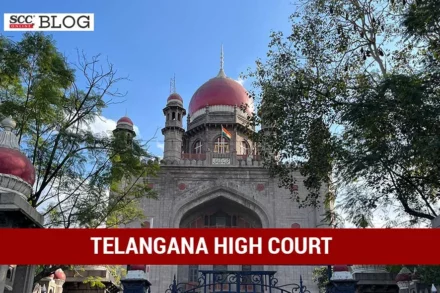
“No material was brought on record to show any financial loss to the public exchequer due to the payments made to the company, completing the construction, hence, the action of the Greater Hyderabad Municipal Corporation was just, fair and reasonable”.
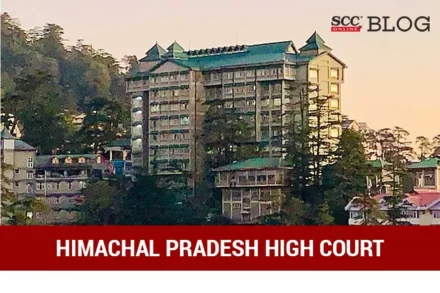
The State acts as a model employer that can’t discriminate among its employees and give a benefit that is conferred under the applicable rules/instructions to some, and deny the same to others.
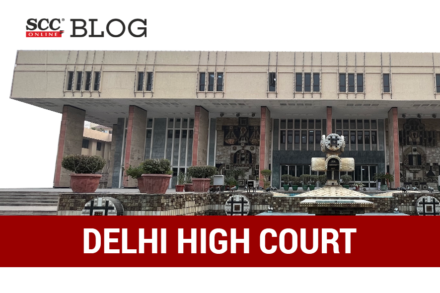
In Aashirward Films v. Union of India, (2007) 6 SCC 624, Supreme Court laid down that a taxing statute for the reasons of functional expediency and even otherwise, can pick and choose to tax some; so long as the classification is reasonable.
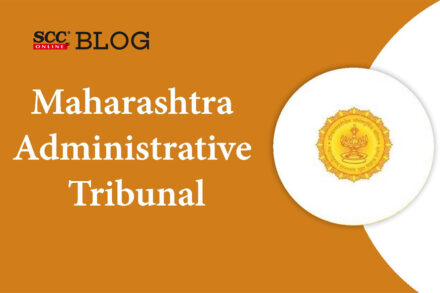
The Tribunal observed that the act of filling in 2 applications for one and the same post in more than one Unit cannot be accepted to be an inadvertent or innocent act.
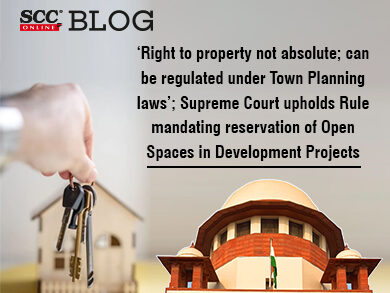
The Supreme Court observed that an owner of land may not have an absolute and unqualified right which is the idea which not unnaturally comes to mind when the idea of ownership is under consideration.
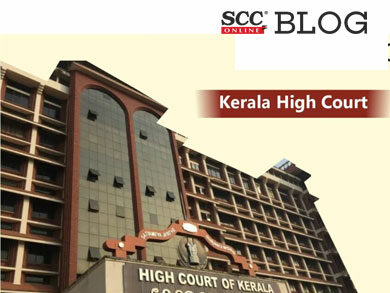
Kerala High Court held that the exclusion of mentally retarded persons from tax exemption while buying motor cars is discriminatory and they are also entitled to tax exemption.
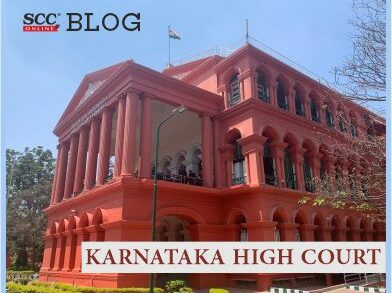
In an impassioned ruling, the single Judge Bench of the Karnataka High Court observed that the word “men” in the impugned Guideline perpetrates gender bias and misogyny and urged that there is an imperative need of change of nomenclature from ‘ex-servicemen’ to that of ‘ex-service personnel’
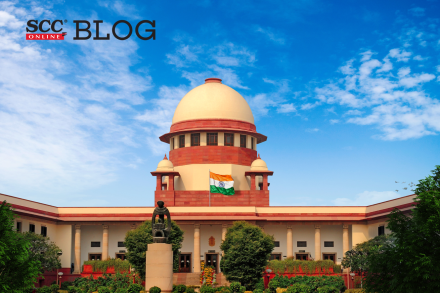
Supreme Court: In an appeal filed against the judgment of the Delhi High Court, wherein the Court has set aside
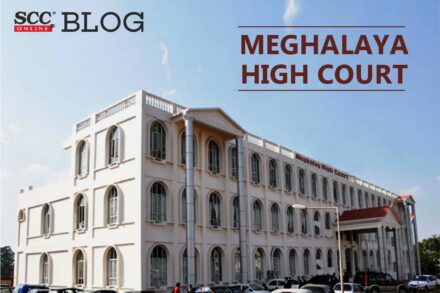
“…that greater weightage is desirable to be given to the objective part of the assessment since the Indian psyche is such that the subjective part of the assessment, more often than not, is tainted, influenced or guided by nepotism or the usual uncle culture or even more disagreeable extraneous considerations.”
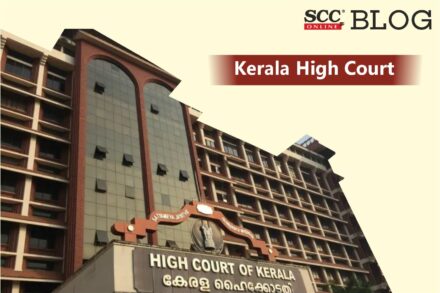
Kerala High Court: In a case where a transgender person was declined participation in District Judo Competition, V.G. Arun, J.,
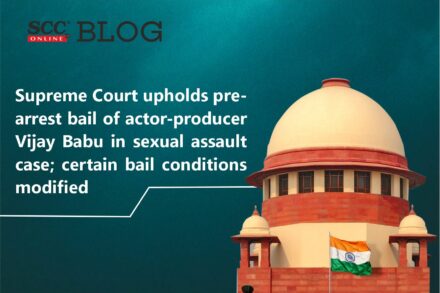
Supreme Court: In a significant case, the Division Bench of Indira Banerjee and J.K. Maheshwari, JJ., upheld pre-arrest bail of actor-producer Vijay

Kerala High Court: In a high-profile rape case that ignited controversy in the cine industry, Bechu Kurian Thomas, J., granted anticipatory bail
Chhattisgarh High Court: A Division Bench of Arup Kumar Goswami CJ. and Rajendra Chandra Singh Samant J. dismissed the appeal and remarked